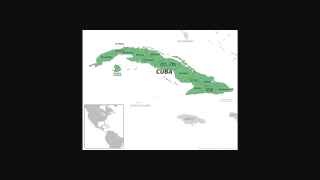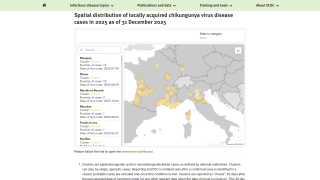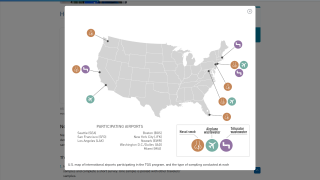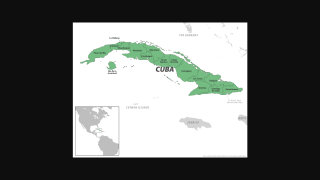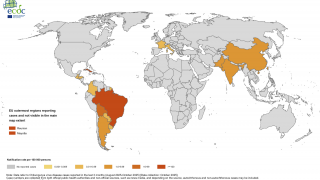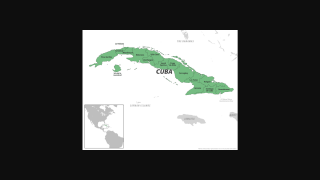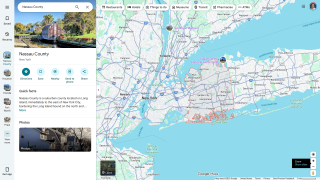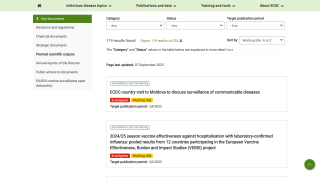Will Travelers Embrace Chikungunya Vaccines
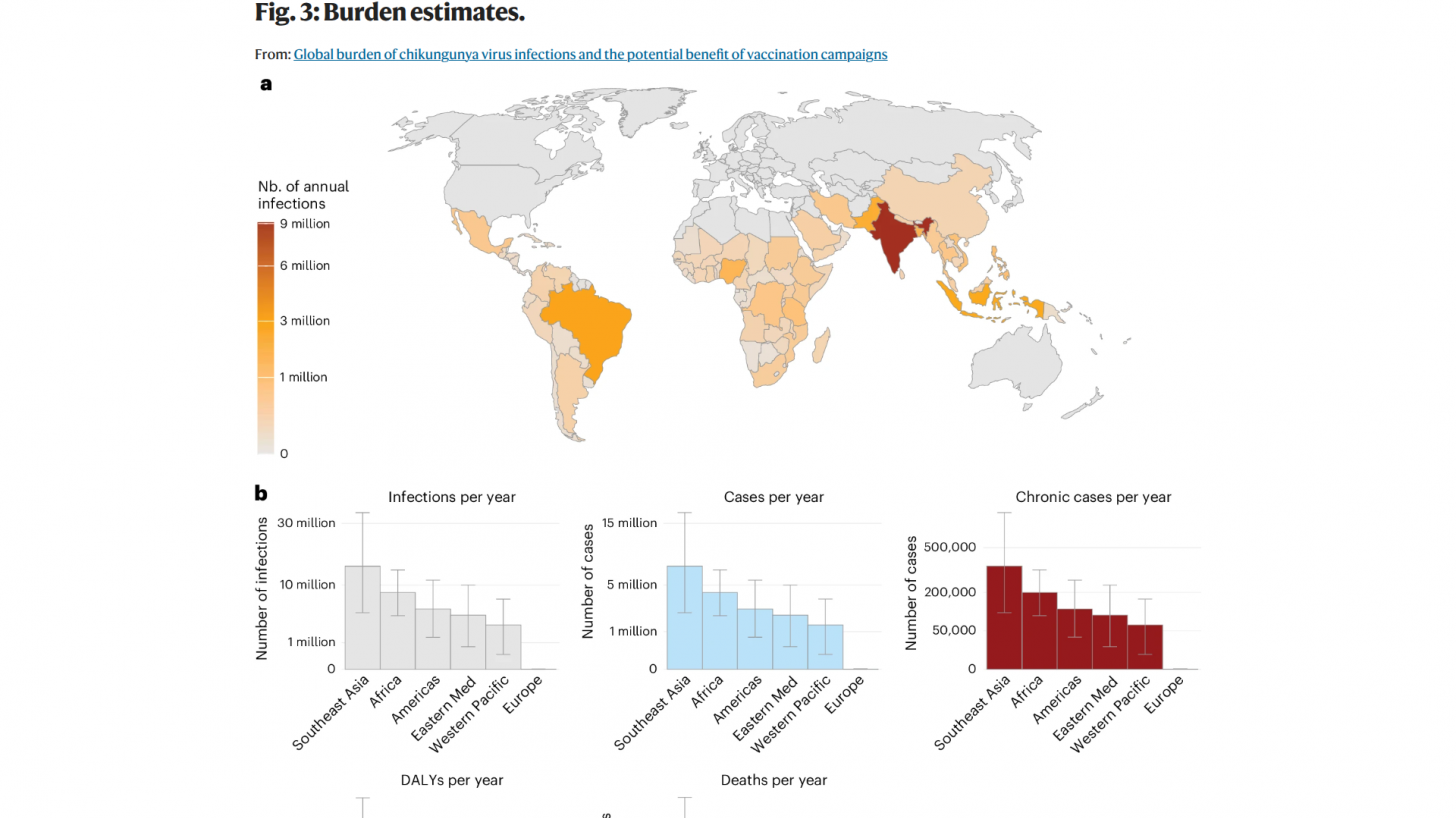
Vaccinations are now available to protect against chikungunya virus (CHIKV) infections; however, the overall potential to reduce the burden of this mosquito-transmitted disease remains uncertain.
Currently, approximately 2.8 billion people live in areas at risk, and the virus infects an estimated 35 million individuals annually.
A recent study published in Nature Medicine on June 10, 2025, suggests that a well-implemented chikungunya vaccination campaign could prevent millions of cases of this mosquito-borne disease, which is prevalent in over 100 regions across the Americas, Africa, and Southeast Asia.
While chikungunya rarely results in death—about 1 in 1,000 cases are fatal—the disease can have long-term effects. Up to 50% of survivors experience persistent joint pain for months, significantly affecting their quality of life.
Additionally, climate change is expanding the range of Aedes mosquitoes, leading to unexpected outbreaks in new areas, including southern Europe, France's Departments in the Indian Ocean, and various parts of the Americas.
Assuming a vaccine efficacy against disease of 70% and a protection against infection of 40%, vaccinating 50% of individuals over 12 years of age in places and times where the virus circulates would avert 4,436 infections, 0.34 deaths, and 17 disability-adjusted life years per 100,000 doses used.
'Our findings suggest that reactive vaccine campaigns using a pre-existing stockpile could substantially reduce the burden from CHIKV. In heavily endemic areas, such as India and Brazil, routine immunization would also reduce the impact of the virus,' wrote these researchers.
'Phase 4 trials, which are currently planned for Brazil, will help us understand how realistic these key assumptions are.'
As of June 26, chikungunya vaccines are commercially offered in the United States at travel clinics and pharmacies.
Our Trust Standards: Medical Advisory Committee

